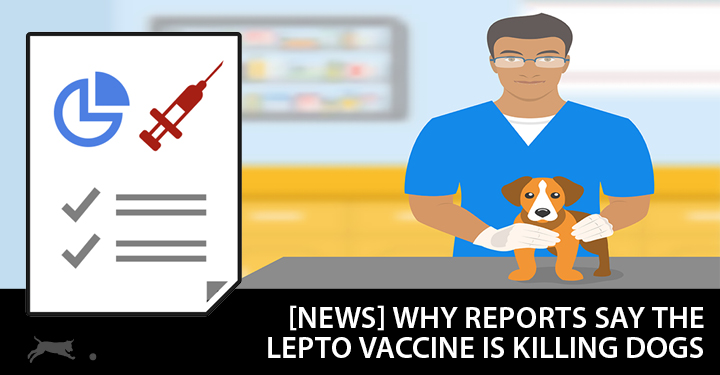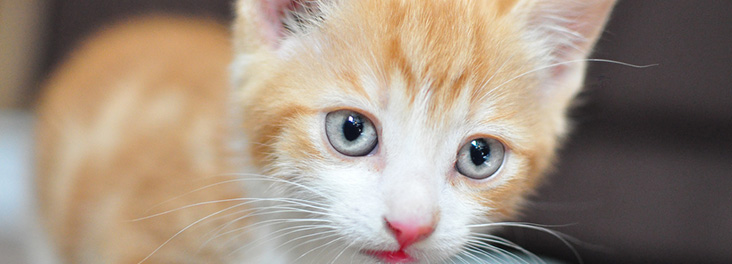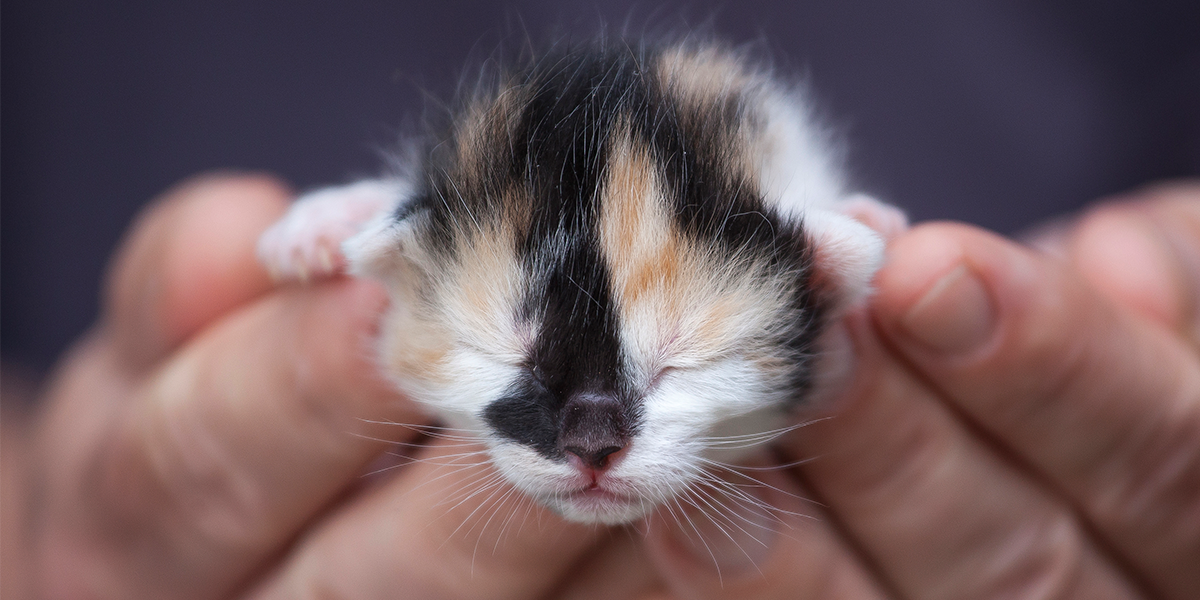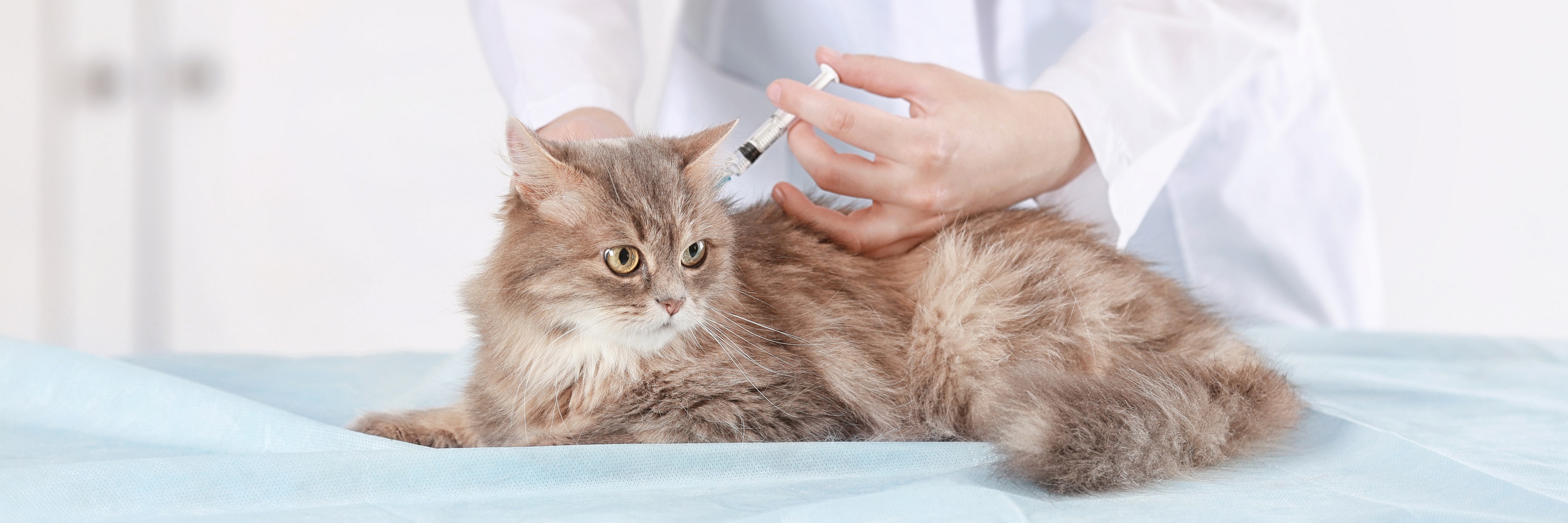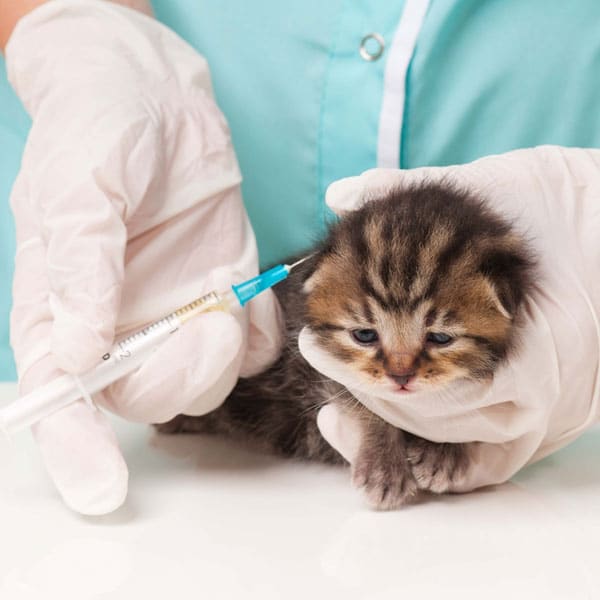Kitten S First Vaccinations Side Effects
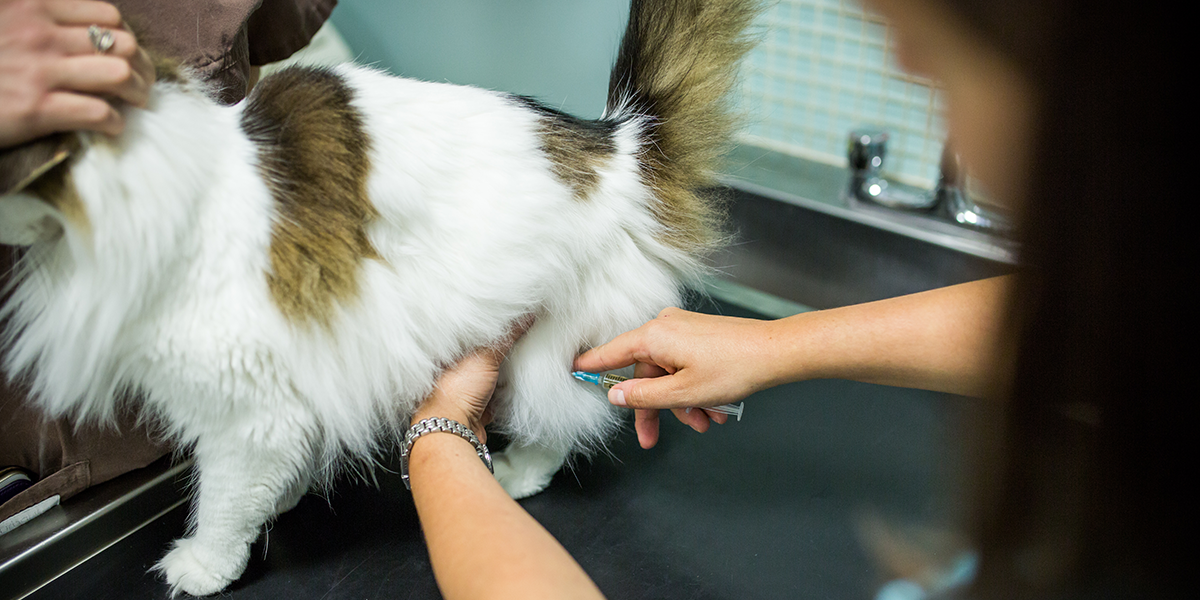
Some of the cat vaccination side effects that have been.
Kitten s first vaccinations side effects. More serious but less common side effects such as allergic reactions may occur within minutes to hours after vaccination. Some cats will get small nodules where they have been vaccinated and this may cause them a little pain. Until your kitten is fully vaccinated and neutered you should keep him or her inside. After this kittens and cats usually need booster vaccinations every twelve months.
In these cases you can offer your cat moistened or tempered food in order to avoid dehydration or any further complication. Seek veterinary care immediately if any of these signs develop. The first rabies shot is given around the fourth month and then a booster is required in one year. Contact your vet if your pet is suffering side effects after a vaccination.
Kitten vaccinations and cat vaccinations are dependent upon several factors including preexisting medical conditions and indoor or outdoor living situations. It is important to stay at the vet for a short time after the vaccination so your vet can check that your cat does not show any signs of an allergic reaction. After that the rabies vaccination occurs every two or three years. Severe allergic reactions are less common but can be fatal if left untreated.
You should always discuss these factors with a veterinarian to determine what your cat vaccine schedule should be. Allergic reaction to the vaccine causing vomiting diarrhoea and shortness of breath. Severe vaccine reactions are very rare. Fortunately side effects are rare usually mild and pass within a few days.
However while modern day vaccines are incredibly safe and reliable like any vaccine they can occasionally make your pet feel quite poorly for 24 hours or so. The rabies vaccination does have side effects that sills a small percentage of cats every year. The vast majority of cats and kittens will be fine following vaccinations. Cat vaccination side effects.
Kittens should have their first set of vaccinations at nine weeks old and at three months old they should receive the second set to boost their immune system. These reactions can be life threatening and are medical emergencies. Although there are some risks associated with vaccinations they are relatively uncommon. Skin irritation bruising around the injection area.
However we have listed an approximate cat vaccine schedule here for an average indoor housecat to give you an idea of a. Once again we suggest giving your cat a chance to rest not forcing it to eat if it doesn t want to. Lethargy or anorexia in cats as a vaccination side effect usually appears as a consequence of fever. Vaccines are increasingly reliable and safe but it s always best to keep an eye on your cat after the visit to the vet.
Vaccine reactions and side effects are typically minor and often go away on their own. This feline vaccine contains a protein that affects a cat s nervous system. Persistent vomiting or diarrhea. This is why kitten vaccinations are necessary for indoor cats as well.
These may include pain and swelling at the injection site lethargy or a mild fever. Adverse reactions include seizures loss of motor skills.




